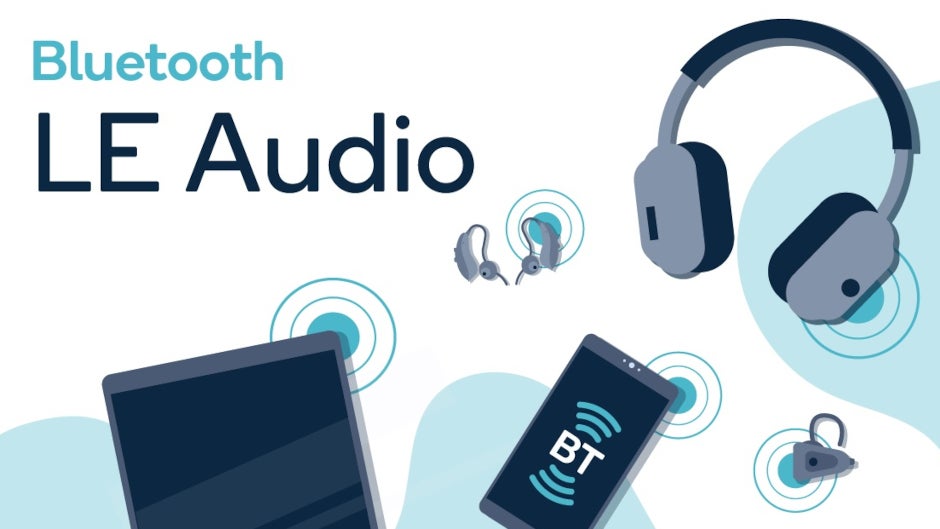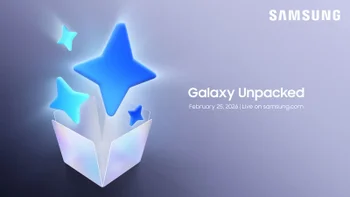Android 13 to support energy-sipping Bluetooth LE (Low Energy) Audio

Android 12 was officially released on October 19th which means that many Android phones have yet to update to the latest Android build. Kudos to Samsung which started updating to One UI 4 (which includes Android 12) earlier than usual. Still, the Pixels led the way once again which proves that it is always best when the manufacturer of a smartphone is also the same company that developed the operating system that the phone runs on.
Android 13 will support Bluetooth Low Energy that reduces energy consumption while keeping audio quality the same
But we aren't here to discuss fragmentation, at least not today. Actually, we are here to talk about support for Bluetooth Low Energy Audio (LE Audio), which is the wireless audio platform that Android 13 will apparently support starting next year. Bluetooth Low Energy Audio will work with wireless audio streaming for headphones and hearing aids. We just saw Google push out one of the most ambitious Android updates in some time and already we are thinking ahead to next year.

A commit found in the AOSP revealed some news about the LE Audio codec
According to AndroidPolice, Esper Technical Editor Mishaal Rahman noticed a commit in the Android Open Source Project (AOSP) revealing that Google combined the LE Audio codec (LC3) and is adding it to system settings. The codec has the highest priority when connecting to an audio device. This means that supported devices must have a connection to LE Audio before it tries to hook up with another audio codec.
Rahman, who left XDA this past October, says that he is "confident" that by the time Android 13 is released next October, the feature will be ready. And there are some nice rewards for Android users employing Bluetooth LE Audio including improved battery life and a more stable connection all without having to put up with reduced audio quality on mobile devices.
And since Bluetooth LE Audio supports multiple devices, sharing audio with more than one pair of headphones is a possibility. You and your pals can listen to the same music stream directly from your phone or tablet. And imagine hearing aids that offer the ability to make phone calls similar to top-shelf true wireless stereo earbuds such as the AirPods, Galaxy Buds, or Pixel Buds.
The vast majority of headphones, earbuds, and hearing aids do not yet support LE Audio and those earables adding such support in the near future will be expensive. The Android handsets that will support it need to have the Snapdragon 888 or 865+ under the hood. Android 12 does include a Bluetooth LP Audio API, but that is not enough to include full support for the platform in the latest Android build.
Android 10 was the first version of the open-source operating system to include Bluetooth LE Audio streaming for hearing aids(ASHA). This provided support for compatible earbuds and earphones that delivered major savings to energy consumption without losing audio quality. After all, some people wearing hearing aids need to conserve power since they are worn all day (except when sleeping). And from that technology, Bluetooth LE Audio was born.
AndroidPolice recently quoted GN Hearing's chief audiology officer Laurel Christensen. The company makes advanced hearing aids that require a lot of processing and other energy-devouring technology. But Christensen said, "We have to think about power consumption from that perspective. We want to use the least amount of power that we can to actually do the streaming for music and for telephone calls."
Not everyone agrees that there is no hit to audio quality with Bluetooth Low Energy
The executive also noted that Bluetooth Low Energy-based ASHA focuses on saving energy, so much so, that it can help deliver all-day battery life even when adding streaming to all the other audio processing that goes on. But Christensen's contention that there's "really no quality trade-off to go with Bluetooth Low Energy" is challenged by Whisper's Head of Engineering Jan Linden.
Linden says that with Bluetooth Low Energy, "the audio quality is slightly lower due to the data compression method used." As we start to get closer to the beta releases of Android 13 next year, we will surely hear more about Bluetooth Low Energy and its battery-saving abilities.
Follow us on Google News












Things that are NOT allowed:
To help keep our community safe and free from spam, we apply temporary limits to newly created accounts: